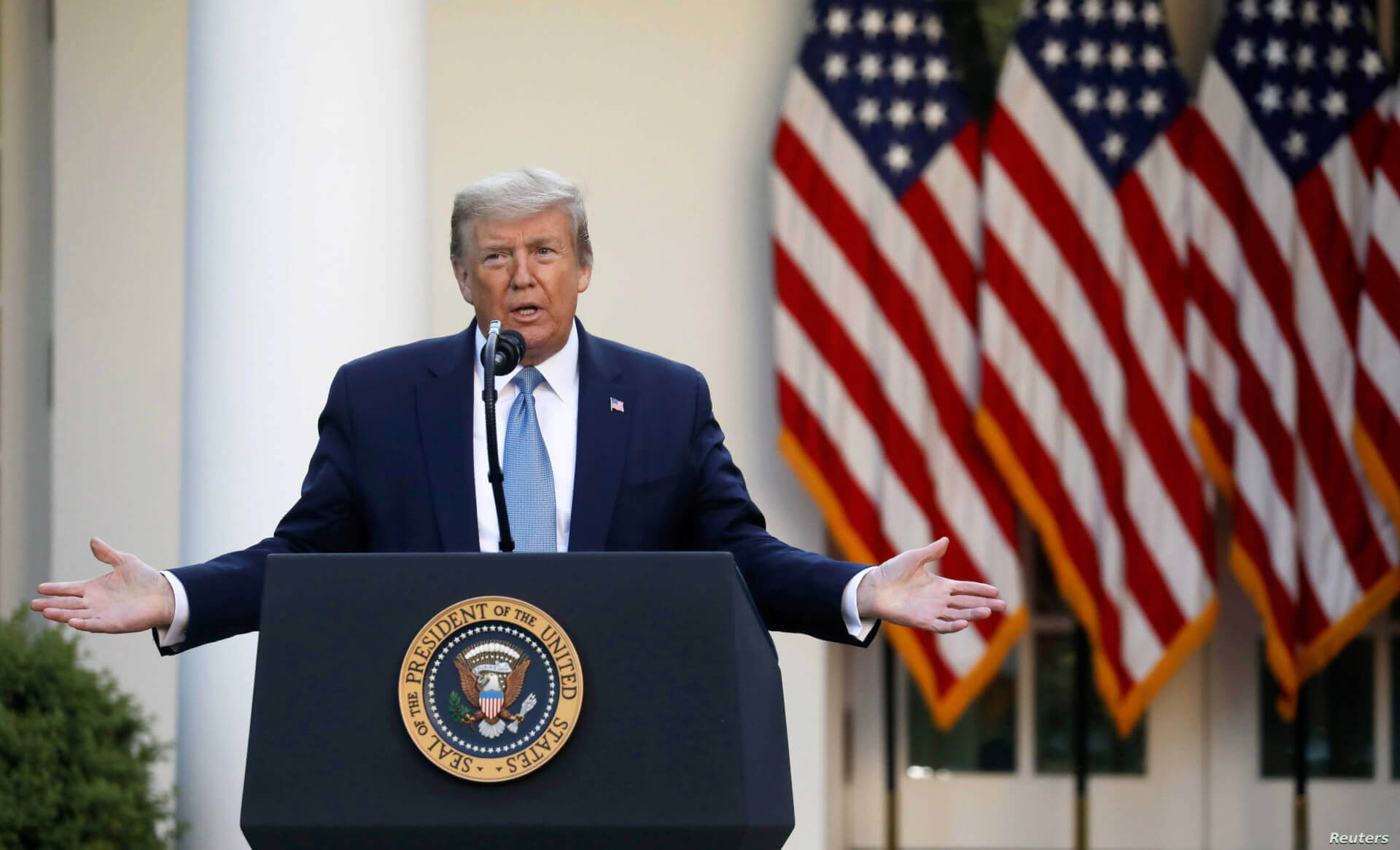On November 7, 2020, four days after Election Day, Joe Biden was declared the winner of the US presidential race, after a turbulent, neck-to-neck election. Labeled as the fight for the “soul” of America, many, both within the United States and abroad, heaved a huge sigh of relief upon hearing the results, celebrating the triumph of the country’s democratic process and institutions.
However, despite the historic voter turnout that helped tip the polls in Biden’s favour, Trump supporters defied expectations, giving him more than 68 million votes, and winning him the battleground state of Florida by a greater margin than he did in 2016. This only goes to show that in spite of Trump’s departure, Trumpism will remain definitive and integral to the very DNA of the so-called ‘United’ States of America even after he has left office. Under such circumstances, a Biden victory, though monumental, won’t be enough to restore America’s standing as the example of a true ‘liberal democracy’. Instead, it’ll take the long-elusive but necessary realization that American democracy is not absolute, but rather a work-in-progress, just like any other. And if the last four years have shown anything, it is the fact that no democratic form of government is ever guaranteed.
Of course, that the US treats democracy as a done deal, and an enviable and unchangeable status quo, is no surprise. American exceptionalism manifests in many ways, and one of the key tenets of US foreign policy discourse over the years has been ‘leading by example’, by touting its rendition of democracy as the ultimate achievement, and working tirelessly to spread it around the world. Though a noble objective, this hubris—of viewing the US’ version of government as the end-all and be-all of governance—has fueled among people a misguided belief about the country’s (and more broadly, the developed world’s) conception of liberal democracy: that it is inherently self-renewing, that individual rights and freedoms can be protected and preserved without the consistent and vigorous participation of citizens in public life, and that under such a system, it is okay to prioritize individual needs over collective commitments to citizenship, inclusiveness, and liberty.
This is exactly what Donald Trump exploited over the course of his term in the Oval Office. It is what allowed armed white supremacists and fascists to proudly march (and violently protest the removal of a confederate statue) across the streets of Charlottesville, Virginia in 2017, what emboldened American people to blatantly defy science and public health guidelines in the midst of a crippling pandemic, and what afforded Trump the ability to thrive—as demonstrated by his voters’ support—despite his complete lack of transparency and his demonization of the press.
It’s worth noting, however, that the decay of democracy in the United States, cannot be solely attributed to President Trump. When The Economist downgraded the US’ status to a ‘flawed democracy’ in 2017, the publication noted that it was not because of Trump, but rather the persistence of the forces that first led him to the White House, most notably, “a continued erosion of trust in government and elected officials”. Other factors included the lack of political engagement and participation, and a combination of democratic malaise, declining trust, the rise of a white-supremacist right-wing, endemic racism, and economic inequality. These anxieties are only perpetuated by electoral regulations that make it harder to vote (which disproportionately impact minorities), that endorse practices like gerrymandering and the Electoral College, or those that allow for massive injections of private money into politics, showing that it isn’t really about encouraging people to actively engage with the decisions of their government at every level at all. Instead, the American political system focuses on actively implementing policies driven by the economic elite and business interests, which are often incongruent with majority public opinion on key issues like abortion, gun control, and universal health care.
While America may have come out in record numbers this year to vote Donald Trump out, the beliefs, systems, and political practices that elected him continue to remain an integral part of the country’s “soul”. Confronting that ‘malaise’—with its deeply-entrenched systemic racism, xenophobia, and classism—will be most important in ensuring that another Trump-like figure won’t rise to the top of American politics again. To quote former US Secretary of State Condoleezza Rice: “Democracy is always on this kind of knife’s edge between chaos and authoritarianism, and the sweet spot is democracy”. It’s easy to take it for granted, but it is not a miracle. Democracy is the product of sustained promise, work, and commitment to participate in a form of collective self-government much bigger than ourselves, and requires aggressive participation, cooperation, and even sacrifice. And these requirements do not change, no matter how developed, or advanced a nation may be.
America Has Shown the World That Democracy Can Never Be Taken for Granted
If the last four years have shown anything, it is the fact that no democratic form of government is ever guaranteed.
November 11, 2020

SOURCE: BOSTON HERALD
